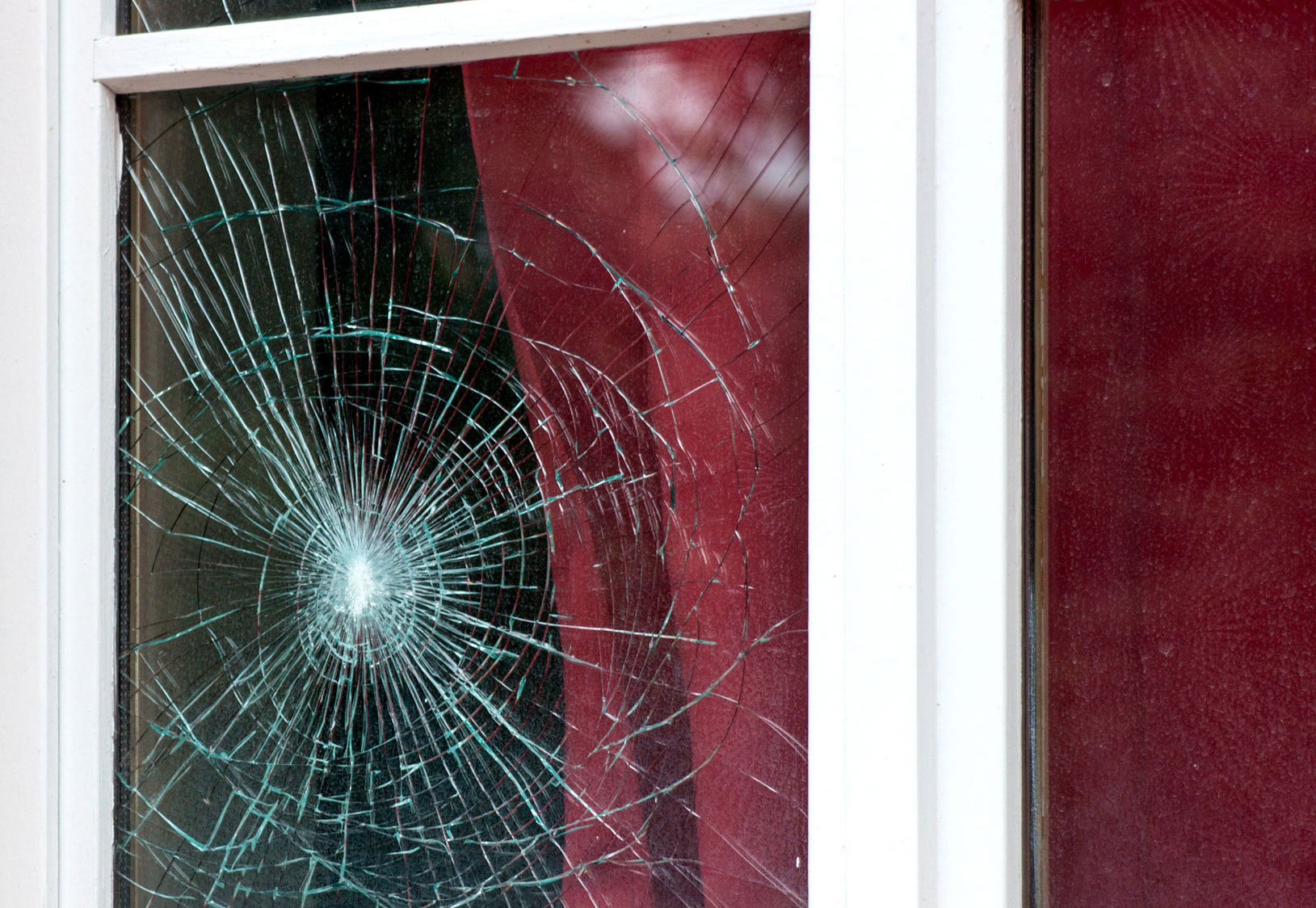A broken window might seem like a minor inconvenience at first glance, but its implications can ripple far beyond the initial damage. Whether it’s a cracked pane in your home, office, or vehicle, ignoring the issue can lead to larger problems, both structurally and financially. It’s important to understand why repairing or replacing a broken window promptly is essential for maintaining safety, energy efficiency, and the overall aesthetics of your property.
From the infamous “broken window theory” in criminology to the practical challenges of dealing with shattered glass, the term “broken window” carries a range of meanings. In this article, we’ll explore everything you need to know about broken windows, from their causes to their solutions. We’ll also dive into the broader implications of neglecting a broken window and provide actionable advice to address the issue effectively.
Whether you’re a homeowner, business owner, or just someone seeking to learn more about the significance of a broken window, this guide will offer you valuable insights. Let’s break down the common causes, explore repair options, and discuss how to prevent further damage. By the end of this article, you’ll have a comprehensive understanding of why a broken window should never be overlooked.
Read also:Ultimate Guide To Orlando Cuddlers Services Benefits And Everything You Need To Know
Table of Contents
- What Causes a Broken Window?
- How Does a Broken Window Affect Your Home?
- Why Is It Important to Repair a Broken Window?
- Can a Broken Window Increase Energy Bills?
- What Is the Broken Window Theory?
- How to Temporarily Fix a Broken Window?
- When Should You Replace Instead of Repair?
- Cost of Repairing vs. Replacing a Broken Window
- How to Choose the Right Professional for Broken Window Repair?
- Types of Glass Used in Window Replacements
- Can a Broken Window Affect Security?
- Preventing Broken Windows: Tips
- How Long Does It Take to Repair a Broken Window?
- Common Mistakes to Avoid When Dealing with a Broken Window
- Environmental Impact of Not Repairing a Broken Window
What Causes a Broken Window?
Broken windows can occur due to a variety of reasons, ranging from accidental damage to external factors. Here are some common causes:
- Severe weather conditions like hailstorms, strong winds, or heavy rains.
- Accidental impacts, such as a ball striking the window or a piece of furniture hitting the glass.
- Thermal stress caused by significant temperature fluctuations.
- Attempted break-ins or vandalism.
- Poor installation or the use of low-quality materials during construction.
How Does a Broken Window Affect Your Home?
A broken window can have several negative impacts on your home, including:
- Security Concerns: A broken window can make your property vulnerable to intruders.
- Energy Loss: Cracks and holes in windows can let conditioned air escape, leading to higher energy bills.
- Structural Damage: Prolonged exposure to the elements can cause water damage, mold growth, and weakened window frames.
- Reduced Comfort: Drafts and temperature fluctuations can make your home less comfortable.
- Compromised Aesthetics: Broken windows can diminish the visual appeal of your property.
Why Is It Important to Repair a Broken Window?
Repairing a broken window promptly is crucial for several reasons, such as:
- Maintaining the structural integrity of your home or building.
- Preventing further damage caused by weather or pests.
- Ensuring the safety and security of occupants.
- Improving energy efficiency and reducing utility costs.
Can a Broken Window Increase Energy Bills?
Absolutely! A broken window can significantly impact your energy bills by allowing air leakage. During the winter, warm air escapes, making your heating system work harder. Conversely, in the summer, cool air from your air conditioner escapes, forcing it to operate longer. This inefficiency can lead to noticeable increases in your monthly energy expenses.
What Is the Broken Window Theory?
The “broken window theory” is a criminological concept that suggests visible signs of disorder, such as broken windows, graffiti, or litter, can encourage further vandalism and criminal behavior. The idea is that neglecting minor issues signals a lack of oversight and invites more significant problems, both socially and structurally.
How to Temporarily Fix a Broken Window?
If you can’t repair or replace a broken window immediately, here are some temporary solutions:
Read also:Innovative Fun And Safety The World Of Microwavable Toy
- Use duct tape to secure loose glass pieces and prevent further shattering.
- Cover the damaged area with a plastic sheet or heavy-duty trash bag to block drafts and debris.
- Apply a clear adhesive film to stabilize cracks in the glass.
- Seal edges with weatherproof caulking to minimize air leakage.
When Should You Replace Instead of Repair?
While minor cracks and chips can often be repaired, there are situations where replacement is the better choice:
- If the damage spans the entire pane or multiple panes.
- When the window frame has sustained structural damage.
- If the window is old and energy-inefficient.
- When repairs would cost nearly as much as a replacement.
Cost of Repairing vs. Replacing a Broken Window
The cost of repairing or replacing a broken window varies based on factors like the extent of the damage, the type of glass, and labor costs. While repairs are typically less expensive, replacement might be more cost-effective in the long term, especially for older windows.
How to Choose the Right Professional for Broken Window Repair?
When hiring a professional for broken window repair or replacement, consider these tips:
- Check reviews and ratings online.
- Verify their license and insurance credentials.
- Ask for a detailed estimate before agreeing to the work.
- Inquire about the materials and techniques they use.
- Ensure they offer a warranty for their services.
Types of Glass Used in Window Replacements
When replacing a broken window, you’ll have several glass options to choose from, including:
- Tempered Glass: Known for its strength and safety, it shatters into small, less dangerous pieces.
- Double-Glazed Glass: Offers better insulation by trapping air between two panes.
- Laminated Glass: Features a plastic layer for added security and noise reduction.
- Low-E Glass: Coated with a thin metallic layer to improve energy efficiency.
Can a Broken Window Affect Security?
Yes, a broken window compromises your property’s security by creating an easy entry point for intruders. It can also increase the risk of accidents, especially for children and pets, due to sharp glass edges.
Preventing Broken Windows: Tips
Here are some practical tips to prevent broken windows:
- Install storm shutters or protective film to guard against severe weather.
- Keep trees and branches trimmed to reduce the risk of impact.
- Educate children about playing safely away from windows.
- Invest in high-quality, durable windows.
How Long Does It Take to Repair a Broken Window?
The time required to repair a broken window depends on the severity of the damage and the availability of materials. Minor repairs can be completed in a few hours, while full replacements may take a day or more.
Common Mistakes to Avoid When Dealing with a Broken Window
When addressing a broken window, avoid these common pitfalls:
- Delaying repairs, which can lead to further damage.
- Attempting complex repairs without professional help.
- Using inferior materials that may not last long.
- Ignoring the root cause of the damage.
Environmental Impact of Not Repairing a Broken Window
Neglecting a broken window can contribute to environmental harm. Increased energy consumption leads to a larger carbon footprint, while improper disposal of broken glass can pollute the environment. Prompt repairs or replacements help mitigate these effects.

